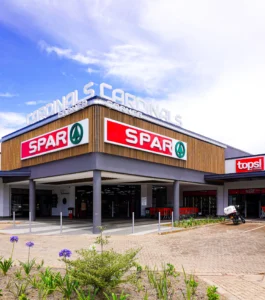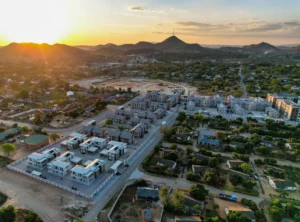The Government of Zimbabwe, through the Ministry of Transport and Infrastructural Development, has launched a comprehensive recapitalisation program for the Department of Roads, marking a critical step toward achieving the infrastructure goals set out in Vision 2030. This ambitious drive aims to drastically upscale the nation’s capacity for road construction and maintenance, moving the country closer to its goal of becoming an Upper Middle-Income Economy.
A key component of this sweeping recapitalisation exercise is the procurement and installation of modern, high-capacity asphalt mixing plants across the country. The initiative will see each of the ten administrative provinces equipped with its own state-of-the-art asphalt plant, decentralising production and ensuring a consistent supply of quality road materials nationwide.
The first major installation is already underway, with a high-capacity Asphalt Plant currently being commissioned at Skyline under the Harare Metropolitan Province. This strategic location will serve as a hub, allowing the Department of Roads to efficiently address the extensive road network within the capital and its surrounding areas.
Historically, the government’s ability to undertake comprehensive road maintenance has been hampered by a shortage of modern equipment and the reliance on external suppliers for premix asphalt. The new plants will reverse this trend, significantly boosting the Department of Roads’ efficiency and effectiveness.
The newly installed plant at Skyline is a game-changer. It is immediately earmarked for the crucial production of premix asphalt used for time-sensitive road reseals and pothole patching—essential activities for preserving the existing road infrastructure and improving commuter safety. Crucially, the plant boasts a production capacity capable of supplying asphalt for major construction works, enabling the Ministry to move from reactive maintenance to large-scale, proactive development.
This recapitalisation is perfectly aligned with the broader goals of the Emergency Road Rehabilitation Programme (ERRP), which has been extended to ensure sustained focus on infrastructure revival. Through securing its own supply chain for asphalt, the government is insulating its road development agenda from market fluctuations and speeding up project implementation timelines across the country. The deployment of a provincial asphalt plant network underscores the Ministry’s commitment to delivering durable, all-weather roads as a vital economic enabler, ultimately laying a solid foundation for Zimbabwe’s transformation by 2030.










